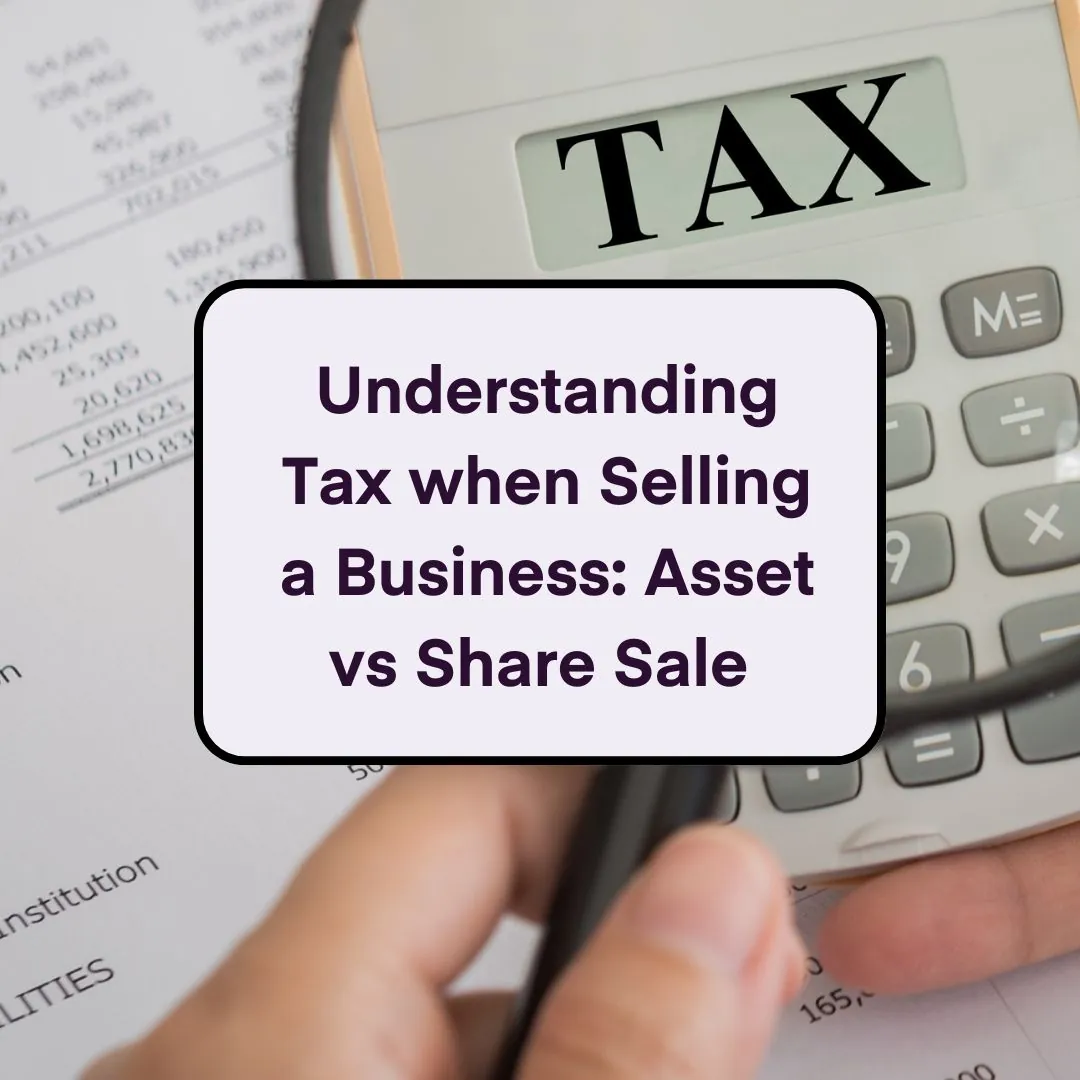
A guide to correcting VAT errors
7 Sep 2021As with any form of accounting, errors can occur when you’re completing a VAT return, particularly if you’re running a small growing business. VAT errors may not even be your own fault – a supplier sent you an invoice showing the incorrect amount of VAT and you paid it, expecting your supplier to get it right.
However, in the eyes of HMRC, VAT errors are your responsibility to put it right. If you don’t correct the VAT error in the right way or at the right time, HMRC has a long list of conditions under which they can impose penalties, a process known as ‘The Penalties for Errors regime’.
Fortunately, the process for reporting and correcting VAT errors is relatively straightforward and this brief guide explains the steps you should follow. But, if the level of error is serious or if it falls outside HMRC’s criteria, you should take professional advice from an accountant.
Identifying the error
As a VAT-registered business, you must submit VAT returns every three months.
Your VAT online account tells you:
-
when your VAT Returns are due
-
when the payment must clear HM Revenue and Customs’ (HMRC) account
The deadlines for submitting the return online and paying HMRC are 1 calendar month and 7 days after the end of your quarterly accounting period. You need to allow time for the payment to reach HMRC’s account.
When you submit the return, the figures for the amount of VAT you collected and paid should be accurate and based on the correct rate of VAT.
However, if you realise after submitting a return that you mistakenly omitted a receipt or a payment, charged a customer the wrong rate of VAT or made an error in your calculations, you must act quickly to put matters right.
The error may not occur in your latest submission. You are responsible for the accuracy of the figures in all of your previous submissions.
If you don’t spot an error and HMRC find one during the course of a VAT inspection, any penalty could be higher. It pays to check your returns carefully before submitting them.
Correcting VAT errors within thresholds
At its simplest, you may be able to correct the error on your next VAT return without reporting it to HMRC, provided the error meets the following criteria:
-
The figure falls below HMRC’s reporting threshold.
-
The error was not deliberate.
-
The error relates to an accounting period that ended less than four years.
Reporting thresholds
If the total value of your errors is less than £10,000, you can make the adjustment on your next return.
If the total value is between £10,000 and £50,000, you can also make the adjustment on your next return. However, the total value of the error must not be more than 1 percent of the total value of your sales and other outputs shown in box 6 of your next return.
If the value of the error is above those thresholds, you must report the error to HMRC.
Adjusting the return
If the error means you owe VAT, add the net value to box 1 of your return.
If the error means you are due a refund of VAT, add the net value to box 4 of your return.
It’s important to keep a record of the date of the error, the date you made the adjustment and the details of the error. You should also adjust your own VAT records to reflect the correct figures.
Related: Understanding VAT on Delivery Charges in the UK
Related: VAT on business entertainment explained
Reporting errors outside thresholds
If the value of the error falls outside the thresholds, if they are deliberate or if they are older than four years you must report the error to HMRC.
You can report the error to HMRC’s VAT Error Correction Team on form VAT652 or by letter.
You should be aware that you are likely to incur interest or penalties if HMRC decide the error is due to careless or deliberate behaviour.
When you contact HMRC, you may need to provide the following information:
-
How and why the error occurred
-
The dates of the accounting period when the error occurred
-
The type of error – input or output
-
The amount of VAT you owe or the refund you are due for the accounting period to be corrected
-
Your calculations for the adjustment
-
The total amount of VAT to be adjusted
HMRC’s Penalties for Errors regime
Errors or inaccuracies relating to return periods beginning on or after 1 April 2008 where the due date for the return is on or after 1 April 2009 will be liable to a penalty if they are careless or deliberate.
If you discover a non-careless error, HMRC expects that you will take steps to correct it. If you don’t take steps to correct it, the inaccuracy will be treated as careless and a penalty will be due.
Careless or deliberate inaccuracies relating to returns commencing on or after 1 April 2008 with a due date on or after 1 April 2009, that are being corrected will be subject to the new penalty regime.
Errors can be prompted – where HMRC discovers them during the course of an inspection - or unprompted, where you disclose the error to HMRC.
Penalty rates
HMRC can impose different penalties for errors above £10,000 in value, depending on the nature or seriousness of the error:
-
Penalties for careless errors range from 0-30 percent of the value of the error.
-
Penalties for deliberate errors can be up to 70 percent of the value of the error.
-
Penalties for errors that are deliberate and concealed can be up to 100 percent of the value of the error.
Reductions in penalties
In order for HMRC to consider any reduction to a penalty, you should inform them that you have made a careless error or deliberate inaccuracy regardless of its size or value.
Prompted errors attract higher penalties than unprompted errors, so it’s essential to notify HMRC if you spot an error.
If you have adjusted a careless error or inaccuracy on your return that is within the thresholds, you may still write to HMRC asking them to consider any reduction to a penalty. As the majority of errors will not be careless or deliberate, no penalty will be due.
Support from Accounts and Legal
This is a brief outline of the rules on reporting and correcting errors in VAT submission. If you would like professional tax advice on any aspect of VAT reporting or error correction, or would like confirmation that you are complying with HMRC’s VAT rules, our team of experienced tax accountants will be glad to help.
To find out more, please contact us on 0207 043 4000 or info@accountsandlegal.co.uk. For an instant accountancy quote, click here.






















